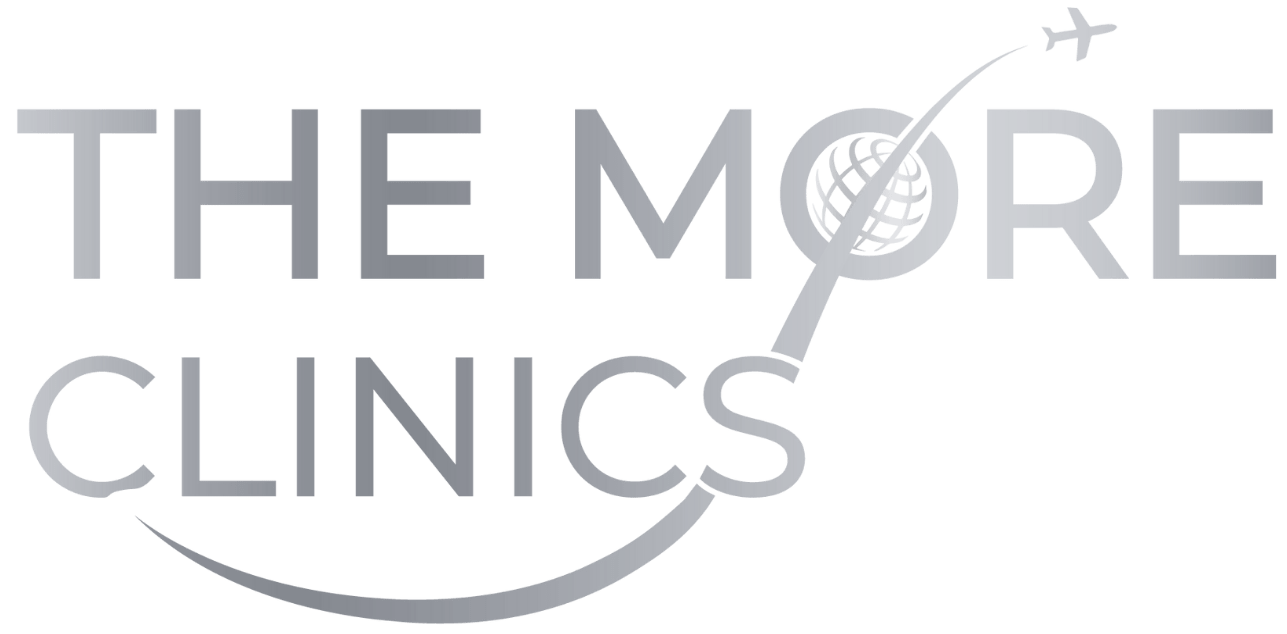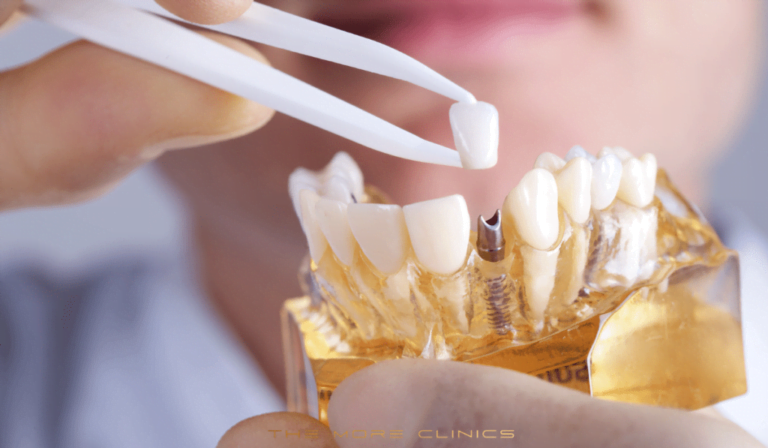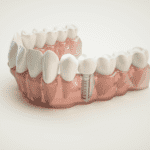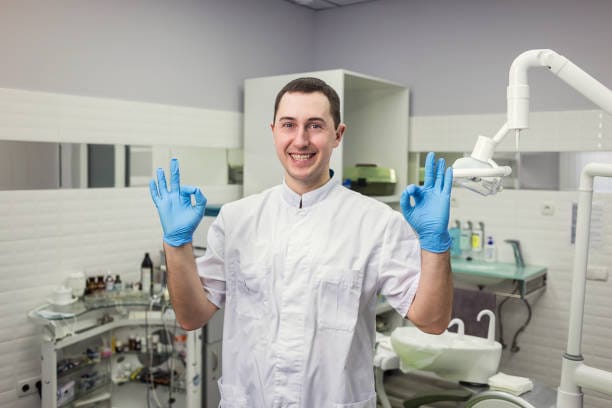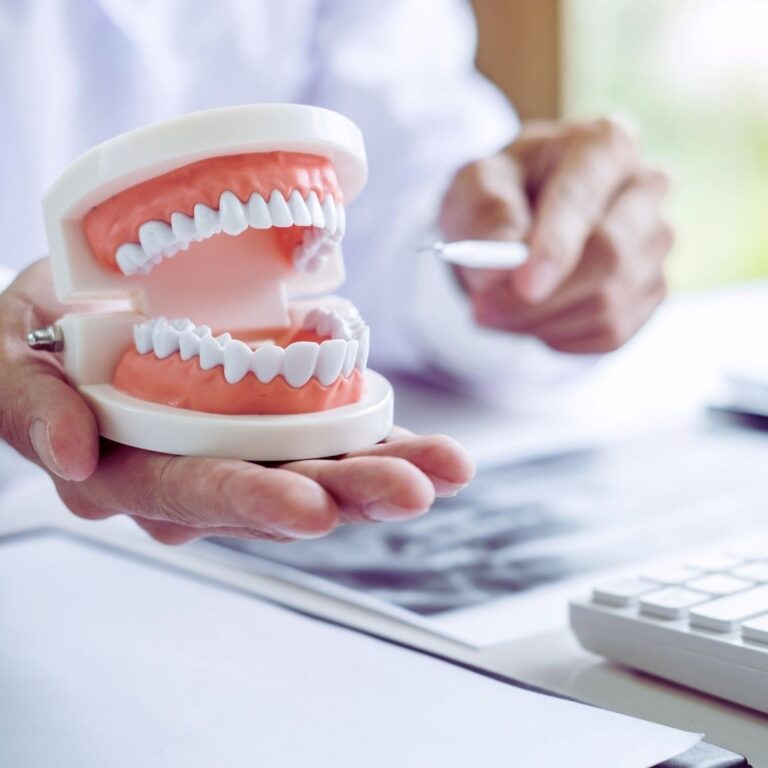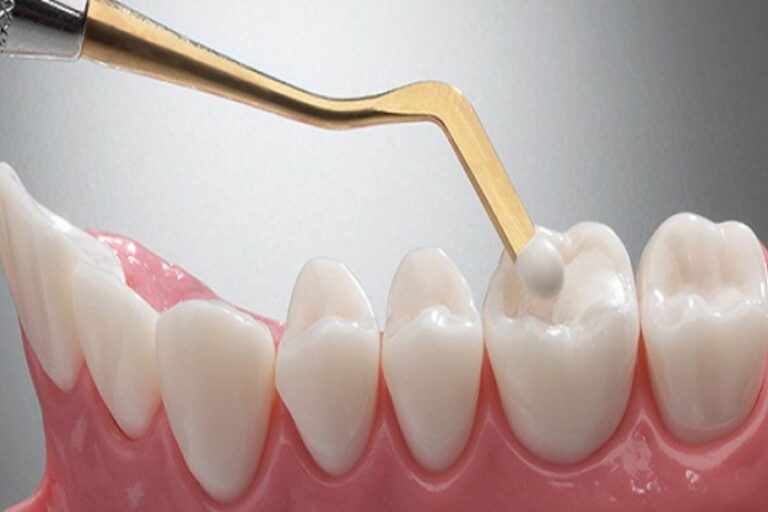What To Expect At Your Dental Check-Up
You may assume you should have a dental check-up every 6 months. But some people may not need to go so often and others may need more frequent checks. The time between check-ups can vary from 3 months to 2 years, depending on how healthy your teeth and gums are and your risk of future problems.
A check-up allows your dentist to see if you have any dental problems and helps you keep your mouth healthy. Leaving problems untreated usually leads to pain, tooth loss and could make them more difficult to treat in the future, so it’s best to deal with problems early, or, if possible, prevent them altogether.
What to expect at your dental check-up?
During your check-up your dentist will:
- ask how your general health is, how your teeth have been since your last visit and if you are taking any new or changed medications
- look in your mouth and carry out an examination of your teeth, gums and mouth
- carry out any necessary treatments, tests or X-rays they feel you require
- ask about your lifestyle and provide any advice on diet, smoking, alcohol and teeth cleaning to help improve your oral health
- inform you of when you should visit for your next check-up, this could be anywhere between 3 months to 2 years depending on your needs
Even if you brush and floss routinely and thoroughly it’s still best to visit your dentist at regular intervals. Not only will they be able to check the general health of your teeth and gums but they will be able to monitor your mouth for any early signs of problems such as dental decay, gum disease and oral cancer.
What happens during a dental check-up?
In most cases, your visit to the dentist will be for a routine check-up. Most will start by asking you a few general health questions and enquire whether you have experienced any dental problems or pain. Your dentist should then carry out a full dental examination of the soft tissue lining of your mouth, teeth and gums.
If there are any signs of dental problems, your dentist will offer advice about changes you could make to your lifestyle (such as stopping smoking or changing your diet), as well as oral care tips.
If these habits could lead to problems in the future, he or she will explain what you might be at risk of, as well as the associated treatments and costs that might be needed.
If you have a build up of calcified plaque, otherwise known as tartar build up, you will need a scale and polish. This will remove the plaque and tartar below the gum line.
If your dentist finds further problems, they will recommend the next steps you will need to take. This could be the need for fillings to damaged or decayed teeth, treatment for gum disease or further tests to aid diagnosis. This usually comes in the form of a written treatment plan, which you sign before commencing any treatment. If this is not offered, please feel free to ask for one.
Dental Treatments
Your dentist will decide and inform you at the time of your appointment what, if any, treatment you may need. A dental examination in The More Clinics is free of charge.
Find out more about our dental treatments.
You can book your Consultation with us now.
GET A FREE CONSULTATION!
Let’s Start Planning Your Treatment %100 Guarantee Results.
X-rays
It is routine for your dentist to carry out X-rays, on occasion, during your dental check-up. X-rays allow your dentist to not only identify existing problems which might not be visable during a routine dental examination yet, but to be aware of any problems that may present in the future.
In adults X-rays can identify dental decay, impacted teeth, jawbone damage, cysts, tumours and abscesses. X-rays taken of children’s mouths will allow the dentist to see where the adult teeth will grow in.
Your dentist will decide which type of X-ray you need and will explain why you are receiving an X-ray and how the X-ray works. Your dentist or dental assistant will set the machine up and normally leave the room before taking the X-ray. This is to ensure your dentist doesn’t get to much exposure to the machine. Your dentist will only take X-rays when they believe it to be necessary. If you are pregnant the dentist should only perform an X-ray in an emergency situation.

Written by The More Editorial Team and Medically Reviewed by Dr. Onur Ademhan who specialized on Oral and Maxillofacial Surgery and Implantology
